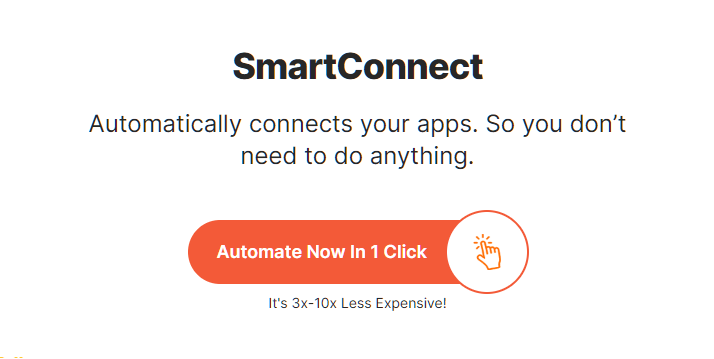
In the rapidly evolving world of cloud computing, businesses are increasingly turning to Software as a Service (SaaS) and Integration Platform as a Service (iPaaS) to streamline their operations. Understanding the differences between SaaS vs. iPaaS is crucial for organizations looking to optimize their technology stack and improve efficiency.
Software as a Service (SaaS) has transformed how businesses access and use software.
In a SaaS model, software applications are hosted and maintained by a third-party provider and made available to users over the Internet.
This means that users don’t need to install or manage the software locally; instead, they can access it through a web browser or dedicated client application.
SaaS applications are typically subscription-based, with users paying a recurring fee for access to the software and related services.
Integration Platform as a Service (iPaaS) is a cloud-based platform that simplifies the integration of different software applications, systems, and data sources.
In today’s interconnected digital landscape, organizations often use a variety of software applications to manage different aspects of their operations, such as sales, marketing, finance, and customer support.
However, these applications may not always communicate effectively with each other, leading to data silos and inefficiencies. iPaaS bridges the gap between these applications by providing a centralized platform for connecting, integrating, and automating data flows.
While both SaaS and iPaaS operate in the cloud and offer subscription-based services, they serve distinct purposes and address different needs within an organization.
| Aspect | SaaS | iPaaS |
|---|---|---|
| Focus |
|
|
| Functionality |
|
|
| Examples |
|
|
| Benefits |
|
|
| How it Works |
|
|
| Delivery Model |
|
|
| Subscription Model |
|
|
Integrating SaaS applications with iPaaS offers several benefits to organizations:
SaaS applications span a wide range of categories and industries, including:
Leading iPaaS platforms offer robust integration and automation capabilities for connecting SaaS applications and data sources. Some notable examples include:
Workato offers a comprehensive iPaaS solution with pre-built connectors, workflow automation, and AI-powered data mapping capabilities.
MuleSoft’s Anypoint Platform provides integration and API management tools for connecting applications, data, and devices across cloud and on-premises environments.
Boomi’s AtomSphere platform offers a unified integration solution for connecting cloud and on-premises applications, data sources, and APIs.
Integrately is known for its user-friendly interface and extensive library of pre-built integrations, making it an excellent choice for businesses looking to automate workflows quickly and easily.
Integrately stands out among iPaaS platforms for several reasons:


Understanding the differences between Software as a Service (SaaS) and Integration Platform as a Service (iPaaS) is key for businesses to improve their technology use and efficiency.
SaaS offers easy access to software applications over the internet, without needing to install them on local computers. iPaaS, on the other hand, helps different software applications communicate with each other, ensuring smooth data flow and automation.
Using SaaS and iPaaS allows businesses to streamline operations, maintain accurate data, and grow more easily. Combining these tools creates a strong and efficient technology system that supports a company’s success.